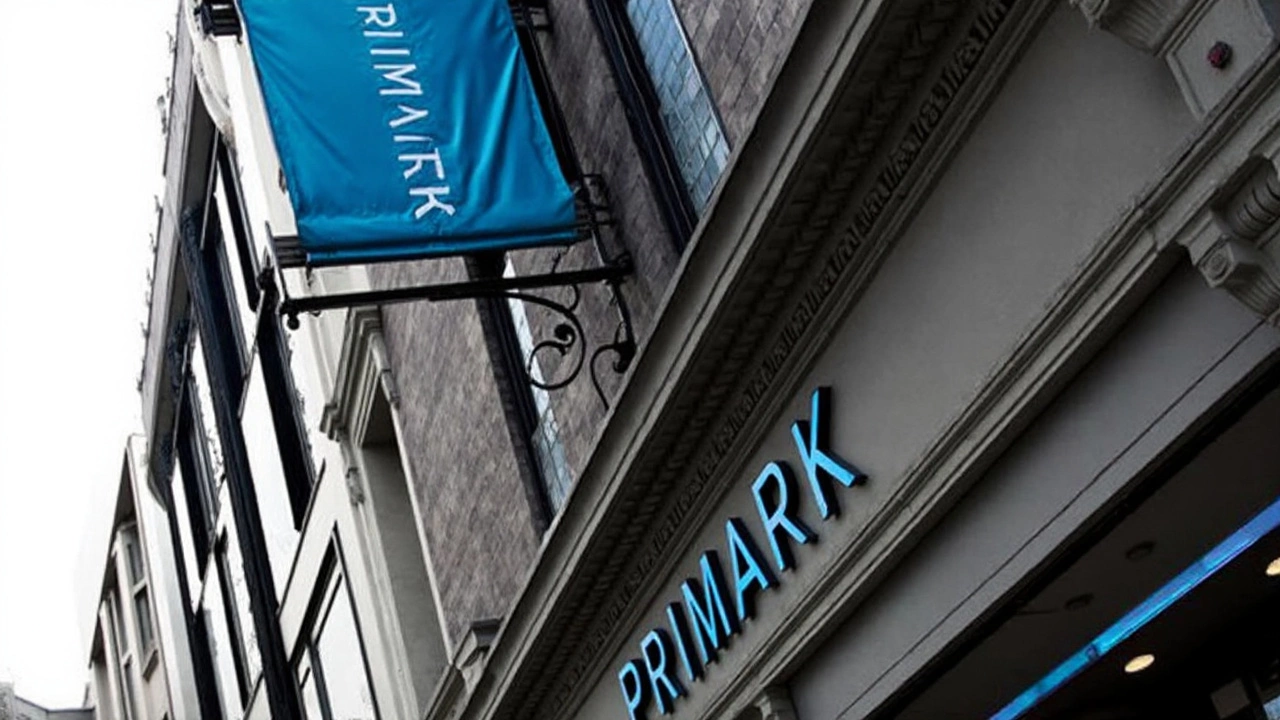Primark Faces Turbulent Leadership Shift Following Paul Marchant’s Exit
Big shockwaves just hit the fast-fashion world. Primark, the budget clothing giant known for turning over trends almost as fast as they hit the runway, is suddenly without its chief. Paul Marchant, who led the company through a dramatic period of global growth, has resigned. The reason? An independent investigation into misconduct allegations tied to his behavior during a social event. The situation unfolded quickly after a staff member filed a complaint, kicking off an internal shockwave that’s now rippling across the industry.
Associated British Foods (ABF), Primark’s parent company, swiftly confirmed Marchant’s exit after the probe. They’re tight-lipped about the specifics, out of respect for the privacy of the individual who came forward. But here’s what’s clear: Marchant himself admitted to a lapse in judgment, owning up to the fact that his actions didn’t reflect the standards Primark expects from its leadership.
Marchant’s been a fixture at Primark since 2009, leading the retailer to an almost cult-like status thanks to aggressive expansion in Europe, the United States, and beyond. If you’ve ever seen frenzied crowds grabbing £2 t-shirts or homeware for a fiver, you’ve seen his business model at work. But before he donned Primark’s badge, Marchant had already built a heavyweight résumé, holding senior roles at Debenhams, Topman, River Island, and New Look. His departure leaves some big shoes to fill.

Markets React, Company Culture in the Spotlight
Unsurprisingly, news of the resignation sent a chill down the spines of investors, causing ABF shares to dip nearly 4% almost instantly. That kind of market reaction shows how closely leadership and corporate reputation are tied—especially in a business as public-facing as fashion retail.
Inside Primark, the message is all about reassuring employees and customers. The company has repeated its commitment to a workplace culture built on respect and dignity for everyone. If that seems like standard corporate speak, remember: it lands differently in an era where executive behavior is under the microscope and accountability isn’t optional. Workers have made it clear across the industry—they expect their CEOs to play by the same rules as everybody else.
Primark has announced “interim management” will hold the fort while recruiters hunt for a permanent replacement at the helm. Executives have promised that ongoing store launches and business strategies will continue as planned. The company wants stakeholders—everyone from the shop floor to the boardroom—to know that growth and stability are priorities, even as leadership is in flux.
- Primark has grown into a top global fast-fashion player under Marchant’s watch
- Allegations centered on inappropriate conduct in a non-business, social setting
- Details of the incident are private to protect those involved
- ABF’s share price instantly reflected investor nerves about instability
- New recruitment for CEO is underway, but for now, interim leaders are steering the ship
This episode is a sharp reminder to the whole retail sector—the rules around workplace conduct extend all the way to the boardroom. With so much attention now on executive behavior, companies like Primark are moving quickly to show both staff and investors that standards of accountability aren’t just slogans; they’re essentials.







Write a comment